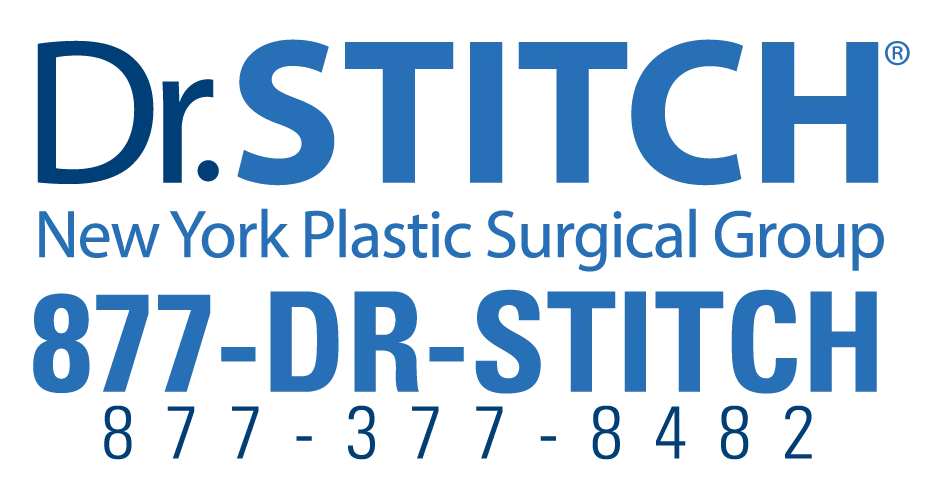National Facial Protection Month at Dr.STITCH
Any injury can be scary, but an injury to the face can be particularly traumatic. Facial skin is more delicate, plus facial injuries put the eyes, mouth, ears, and nose at risk. At Dr.STITCH, we have treated many facial injuries for children and adults, and a large percentage occur while playing sports. Luckily, many common sports injuries can be prevented with the proper facial protection. April is National Facial Protection Month and the experienced plastic surgeons at Dr.STITCH have tips on how to maximize safety for all the athletes in your life.
Protective Facial Gear For Sports
- Mouth Guards According to the American Association of Orthodontists, a single serious injury to the teeth can have lifelong consequences and require ongoing, complex dental work. Mouth guards are standard in sports like wrestling and football, but they should also be worn when skiing, skateboarding, and playing basketball, soccer, or baseball. Active athletes can invest in a custom-made mouthguard from the dentist’s office for added protection and comfort, but a store-bought mouthguard can also prevent injuries.
- Helmets Did you know that New York state law requires all bike riders under 14 years old to wear a safety certified bicycle helmet? If you don’t already, make sure everyone in your family understands the importance of wearing a helmet when riding a bike, scooter, or skateboard. A helmet can be the difference between a boo-boo and an ambulance trip. Sports that should always have a helmet as part of the uniform include football, baseball, softball, hockey, wrestling, skiing, snowboarding, and horseback riding. Helmets are not interchangeable – make sure you use a helmet that is safety rated for the correct sport and fits well.
- Protective eyewear Eyes are so important and very sensitive, so it is critical to keep them protected. Look for sports eyewear that has approval from the American Standards for Testing and Materials (ASTM) and is made of polycarbonate. Sports with fast moving balls, such as tennis, baseball, and lacrosse require protective eyewear, and in fast-moving sports like soccer and basketball eye injuries can occur from a teammate’s finger or elbow. For swimmers, goggles can protect from harsh pool chemicals, provide UV protection, and safeguard the eyes in the case of a fall. Other sports that can benefit from eye protection include skiing, softball, and archery.
- Face Shields Hockey, football and lacrosse are among the most high-contact of popular sports and protecting the entire face can prevent serious injuries, so it is important to use a helmet with face protection. In some sports only certain positions need full face protection. Baseball and softball players should wear a helmet with face mask when batting or catching. Face shields can prevent facial lacerations as well as injuries to the eyes, nose and facial bones.
Talk to Your Child’s Coach About Protective Gear
Dr.STITCH is for the whole family, but children can be more injury prone because they are so active and their bodies are still developing. Keeping your little ones safe is a #1 priority for you, so make sure it is also a top priority for the person coaching their team. The Centers for Disease Control and Prevention estimates that basketball, baseball, football, and soccer, which are all team sports, account for approximately 80 percent of all sports-related emergency room visits for children between the ages of 5 and 14. It will be easier to make sure your children wear face protection if their coach understands how critical it is and requires the entire team to wear appropriate gear.
What to Do In The Event of a Facial Injury
Facial injuries can vary greatly in type and severity. When in doubt, it is always a good idea to seek immediate medical attention. Cuts and lacerations happen commonly in sports accidents. Read our complete guide on lacerations to learn how to care for a cut and determine when stitches may be needed. If you or your child suffer from an eye injury or dental accident you may need a specialist, but the emergency room should usually be the first stop. For general facial trauma, including broken noses and lacerations, an experienced plastic surgeon can provide expert treatment while minimizing scarring.

Call Dr.STITCH for Facial Injuries on Long Island
We hope you never need us, but we’re here if you do! Dr.STITCH is a service of The Long Island Plastic Surgical Group. Our doctors are highly experienced and specially trained in advanced techniques to treat delicate facial areas that need special care in order to retain form and function. Download our contact card or call 1-877-DR-STITCH (1-877-377-8482) for 24/7/365 immediate on-call treatment of facial trauma, hand injuries, burns, complex wounds and lacerations.
